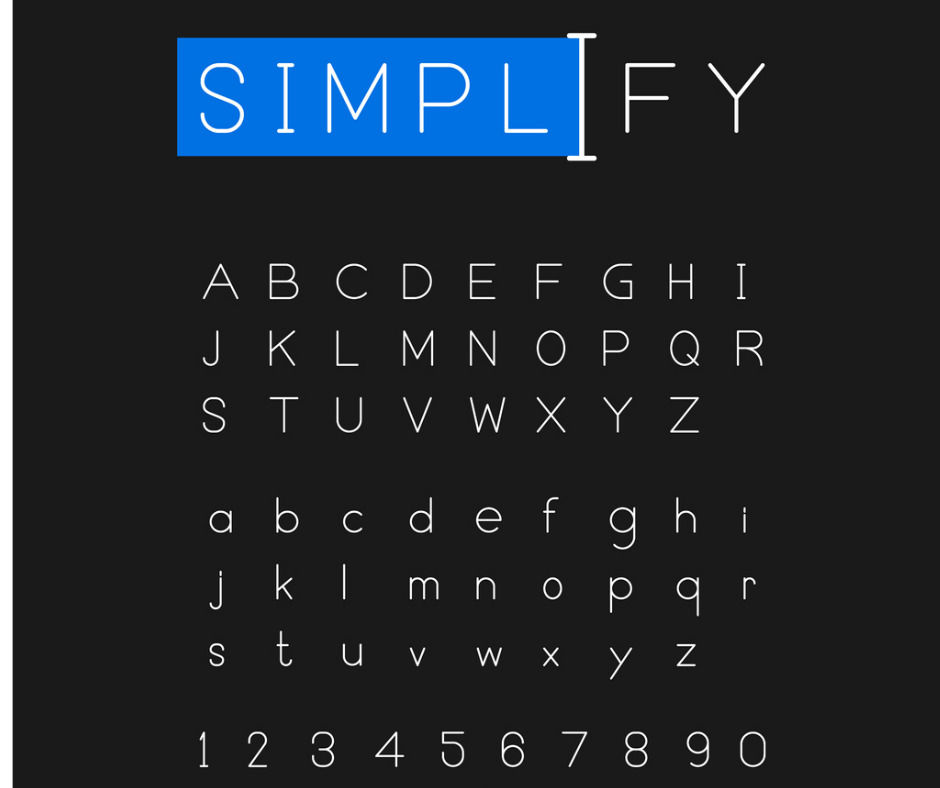- Startseite -
- Digital Bavaria -
- Blog #bytevaria - Crossing the finish line at 463 km/h: the TU Munich team wins the SpaceX Hyperloop competition again
Crossing the finish line at 463 km/h: the TU Munich team wins the SpaceX Hyperloop competition again
A vacuum tube, a prototype, a group of excited students from the Technical University of Munich – the spectators at the SpaceX Hyperloop POD competition were able to experience this on the test track near Los Angeles. The TU Munich team were able to clearly win the international high-speed competition for the fourth time in a row with its POD prototype – and 200 km/h faster than the competition!
As a result, the world champions in hyperlooping once again prove after last year’s success that Bavaria and particularly its intelligent minds have the maximum technical expertise to take the lead worldwide. The Hyperloop Challenge has existed since 2016 and was created by SpaceX founder Elon Musk. His vision: to take people quickly and safely from A to B through a vacuum tube system in capsules, so-called PODs, at a maximum speed of around 1,200 kilometres per hour. By comparison: the speed of sound is about 1,236 km/h.
The high-performance prototype from Bavaria
The prototype for the high speed track near Los Angeles was completely developed and built by the TU Munich team. They received comprehensive support from well-known Bavarian companies in the field of electrical and motor engineering, such as Infineon. The 288 power semiconductors installed create rapidly changing magnetic fields that drive eight electric motors. The PODs move in a vacuum more energy efficiently than conventional vehicles: magnetic levitation technology does not meet air resistance in a vacuum.
The TUM team knew how to combine the individual technical components skilfully and claim victory right from the early days of the Hyperloop Contest. Some of the current prototype’s technical details are:
• Top speed: 463 km/h
• Engine power: 240 KW
• Braking distance: 137 m
• Weight: 70 kg
Spotlight on mobility
The competition has one very clear goal in mind: to advance the mobility of the future and continuously develop the Hyperloop technology. So next year, there will be a ten kilometre long test track with bends at the competition, Hyperloop initiator Elon Musk tweeted.
Next year’s @Hyperloop competition will be in a 10km vacuum tunnel with a curve
— Elon Musk (@elonmusk) 22. Juli 2019
And the focus is also on further development with the prototypes: "the Pod is so to speak the result of a four-year evolution. Every year we have learned new things and implemented these findings. Even though we weren’t able to break the world record to win the fourth race, it's unbelievable. We are ecstatic", says TUM Hyperloop team leader Toni Jukic. In addition to the TUM team, another 21 student groups from all over the world competed this year, for example from the Netherlands, Switzerland, Spain and the USA. The TU Munich team is contributing to putting Bavaria at the forefront of Hyperloop developments with its experience – a success that it is definitely worth capitalising on!

The technologies that companies should invest in over the course of 2024

Our ABCs of Funding: Find the most important information about funding!









![[Translate to English:]](https://ik.imagekit.io/sgliwi1izsz/media/images/team_2021/mitarbeiter/Hr.Julian.Hechler_klein_V1.jpg?tr=w-1024 1024w, https://ik.imagekit.io/sgliwi1izsz/media/images/team_2021/mitarbeiter/Hr.Julian.Hechler_klein_V1.jpg?tr=w-1280 1280w, https://ik.imagekit.io/sgliwi1izsz/media/images/team_2021/mitarbeiter/Hr.Julian.Hechler_klein_V1.jpg?tr=w-1536 1536w, https://ik.imagekit.io/sgliwi1izsz/media/images/team_2021/mitarbeiter/Hr.Julian.Hechler_klein_V1.jpg?tr=w-1920 1920w)